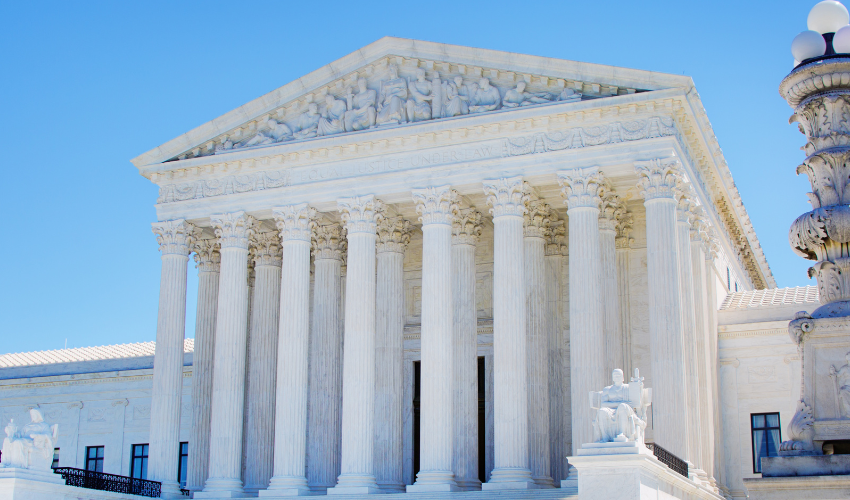June 22, 2022
Yesterday, an amicus brief written by the Utah Attorney General’s Office was used in support of a decision made by the U.S. Supreme Court in Shoop v. Twyford, No. 21-511.
In Shoop v. Twyford, Raymond Twyford was found guilty of aggravated murder in the State of Ohio and sentenced to death. When his conviction and sentence was affirmed by Ohio’s appellate court, Twyford challenged the decision, claiming his counsel failed to present evidence of a head injury that impacted his ability to make rational decisions. Under a law called the All Writs Act 28 U.S.C. §1651(a), Twyford requested to be transported to a medical facility for evaluation to obtain evidence he believed was critical to his case.
Initially, Twyford’s request was approved by the lower federal courts even though it was unlikely that any evidence developed would have been admissible in court. The Utah Attorney General’s Office weighed in with an amicus brief in the United States Supreme Court highlighting the risks involved with transporting violent prisoners. Historically, innocent lives have been lost in these transports. In this case, not only would the transportation of Twyford risk the lives of those facilitating his transportation but would also endanger the lives of every individual at the medical facility.
The Supreme Court ruled in a 5-4 vote that the transportation of Twyford was not justified under the All Writs Act 28 U.S.C. §1651(a), citing Utah’s amicus brief to support their decision. As noted in the brief, “No citizen or law enforcement officer should die or suffer injury just so a death row inmate can go on a dilatory evidence-gathering lark.” You can read the U.S. Supreme Court decision here and you can find Utah’s amicus brief here.
The Utah Attorney General’s Office is committed to fighting for the public safety of all individuals and will continue to do so in and outside of the courts.

